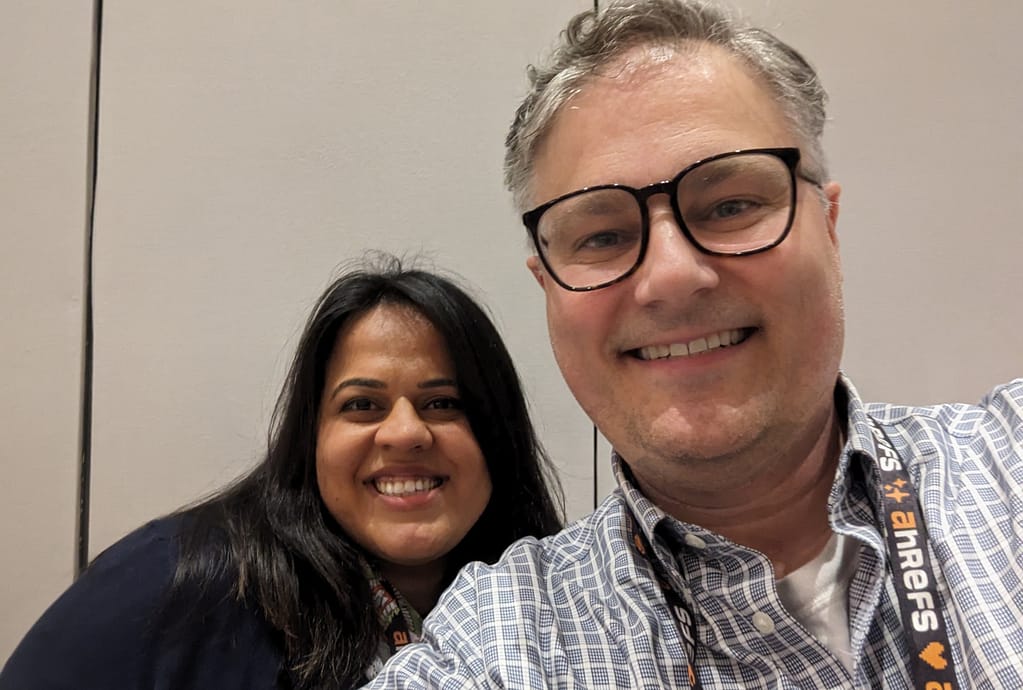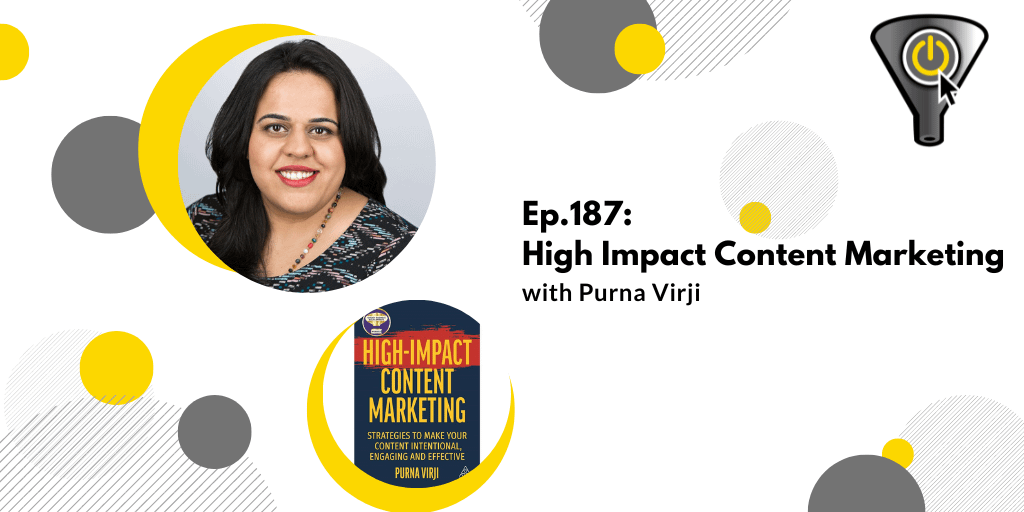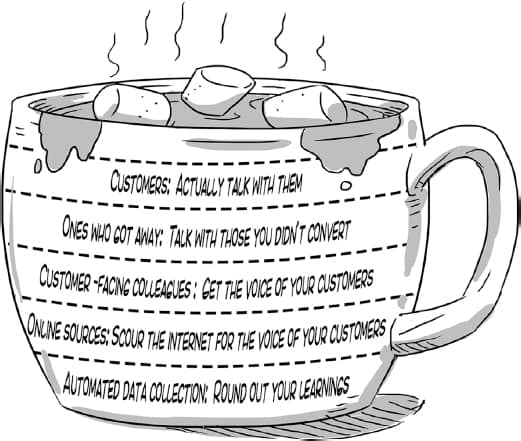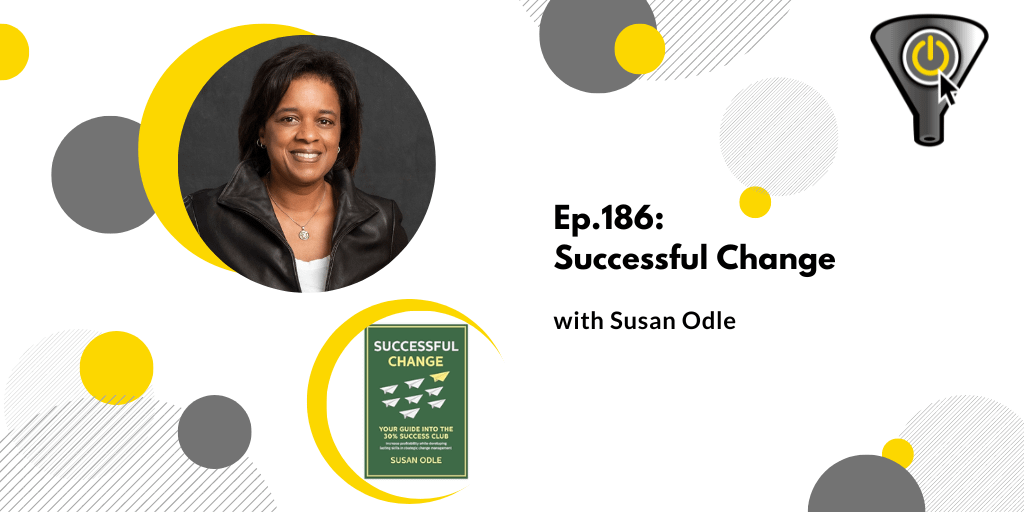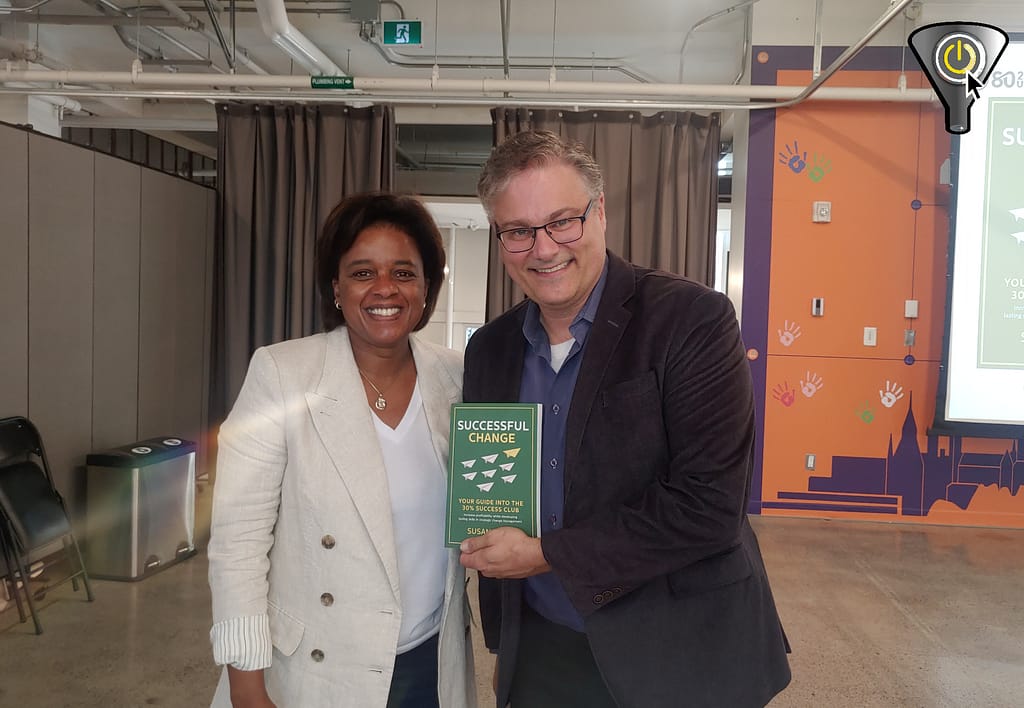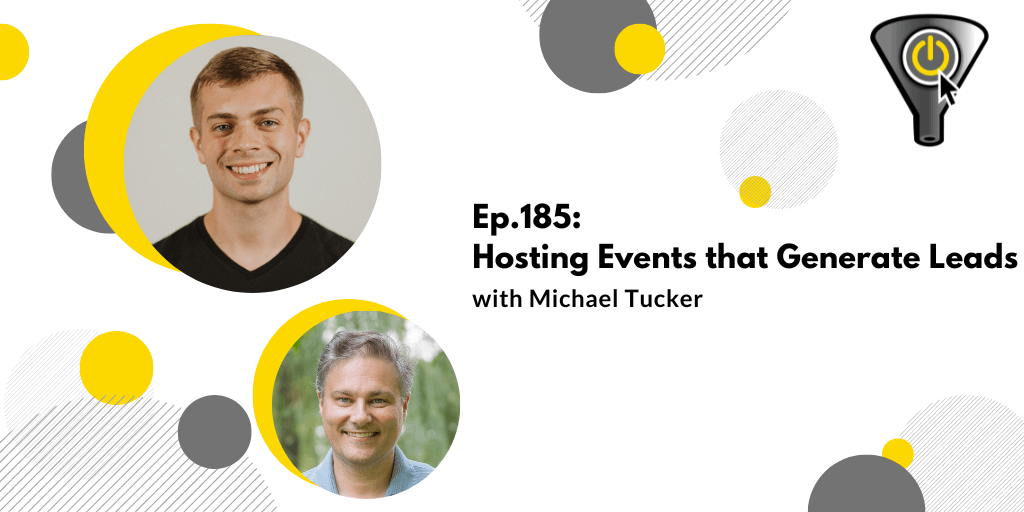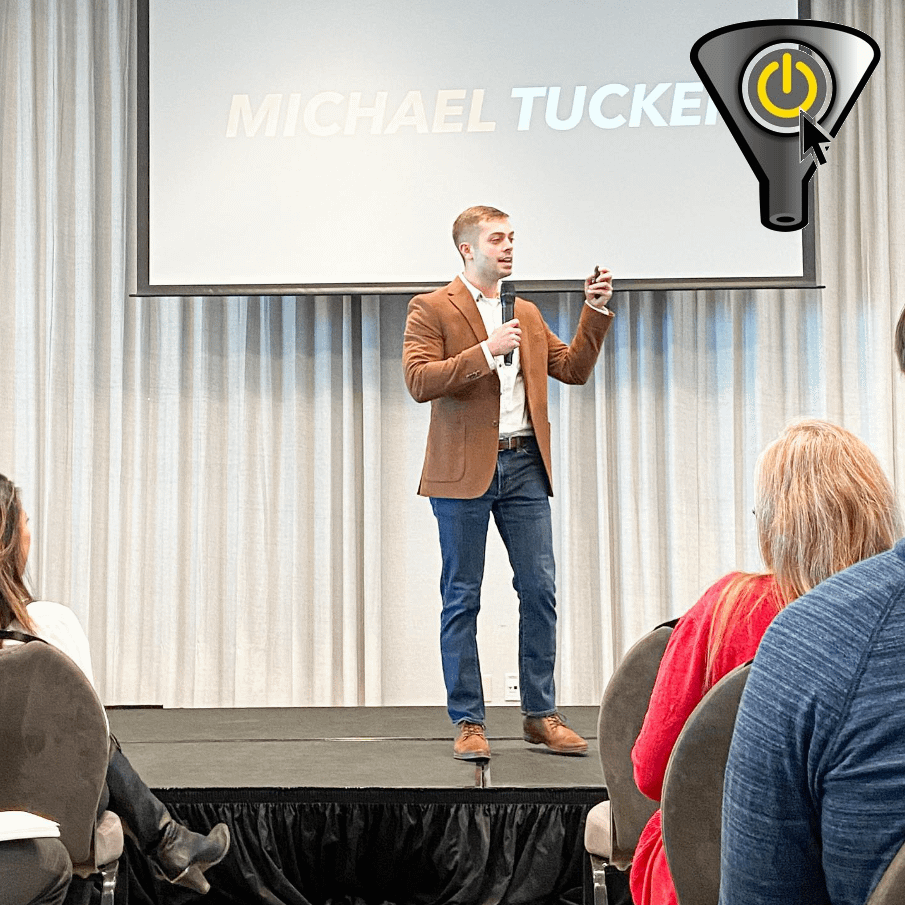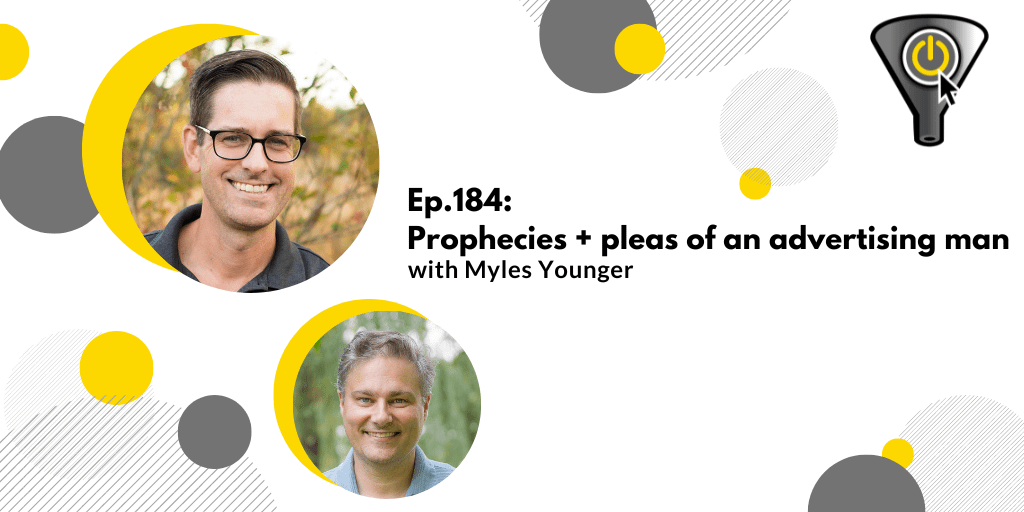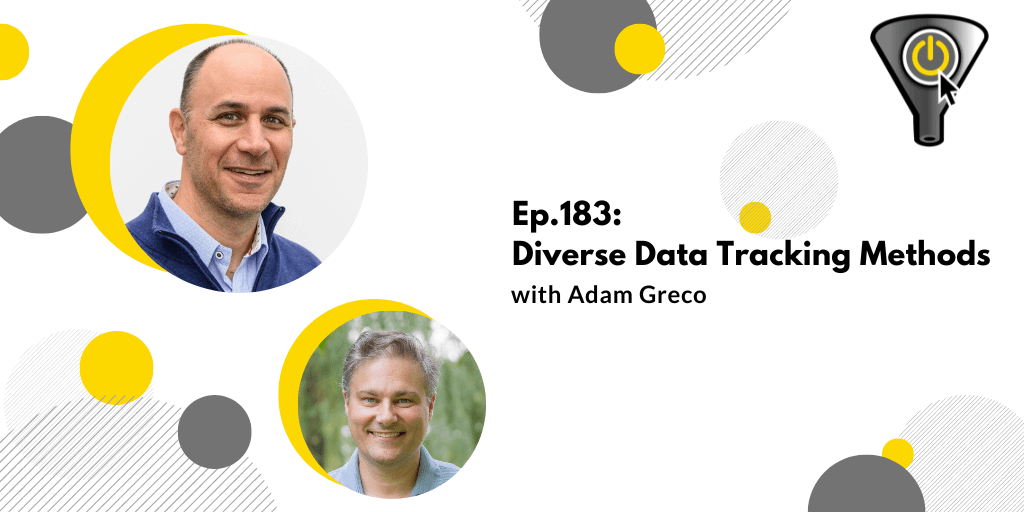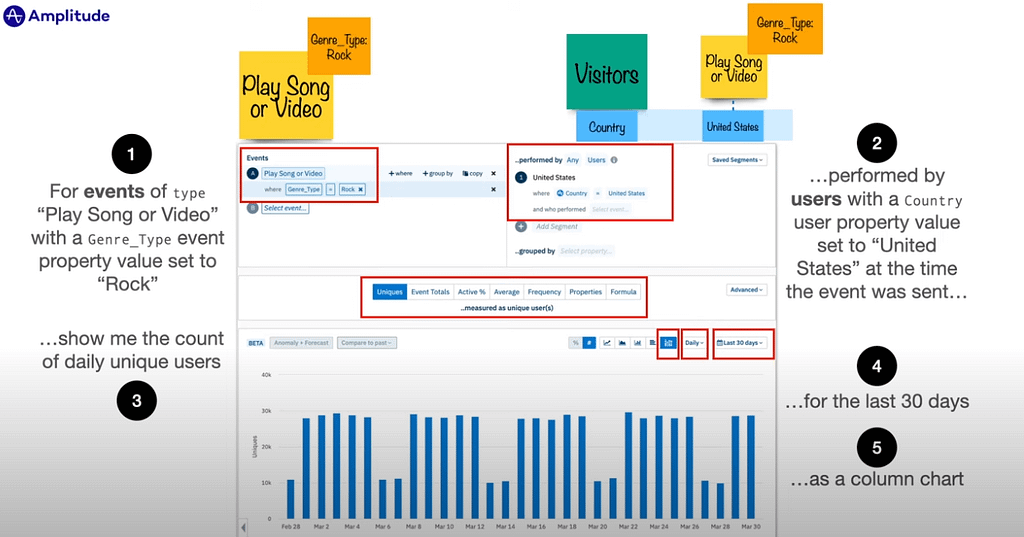Episode 187
In numerous companies, the approach to content strategy appears to be nonexistent, marked by haphazard content creation and dissemination. A notable absence of a cohesive plan to align content with overarching marketing objectives is evident, leading to a disjointed and less effective approach. In light of these challenges, it becomes imperative for companies to recognize the critical significance of implementing a robust content strategy. The upcoming discussion will delve into a methodology that not only addresses these shortcomings but also promises to elevate content creation to a level where flawlessness becomes a tangible outcome. As we navigate through the intricacies of this approach, you will discover how a well-crafted content strategy can serve as the linchpin for achieving marketing goals and fostering a more impactful and cohesive online presence.
Purna Virji is a globally recognized content strategist. She grew up in India, when her family came to the US they settled in Philadelphia. She did her masters at Cardiff University, but returned to Philadelphia where she was a journalist and then a producer at the local TV affiliate for PBS. That experience is where She picked up expertise in creating content. She ported this communications flair into designing Pay Per Click ad campaigns for ecommerce companies and then when Microsoft’s own ads platform needed a trainer, she transitioned to working there, training both internal Microsoft teams and external groups on Microsoft ads. She went on to speak at conferences like MozCon and SMX Advanced and was ranked as the #1 Most Influential Expert in the world by PPC Hero.
She is currently the Principal Consultant for Content Solutions at LinkedIn. In 2023 she came out with the book “High Impact Content Marketing” which we’ll talk about today.
Timestamps/Chapters:
0:00:00 – Intro
00:02:42 – Welcome Purna
00:10:32 – the AGES model
00:20:38 – PSA
00:21:46 – Practical tips for high Impact content
00:35:26 – Identifying what your audience’s needs are
00:46:41 – Where to get book; contact Purna
